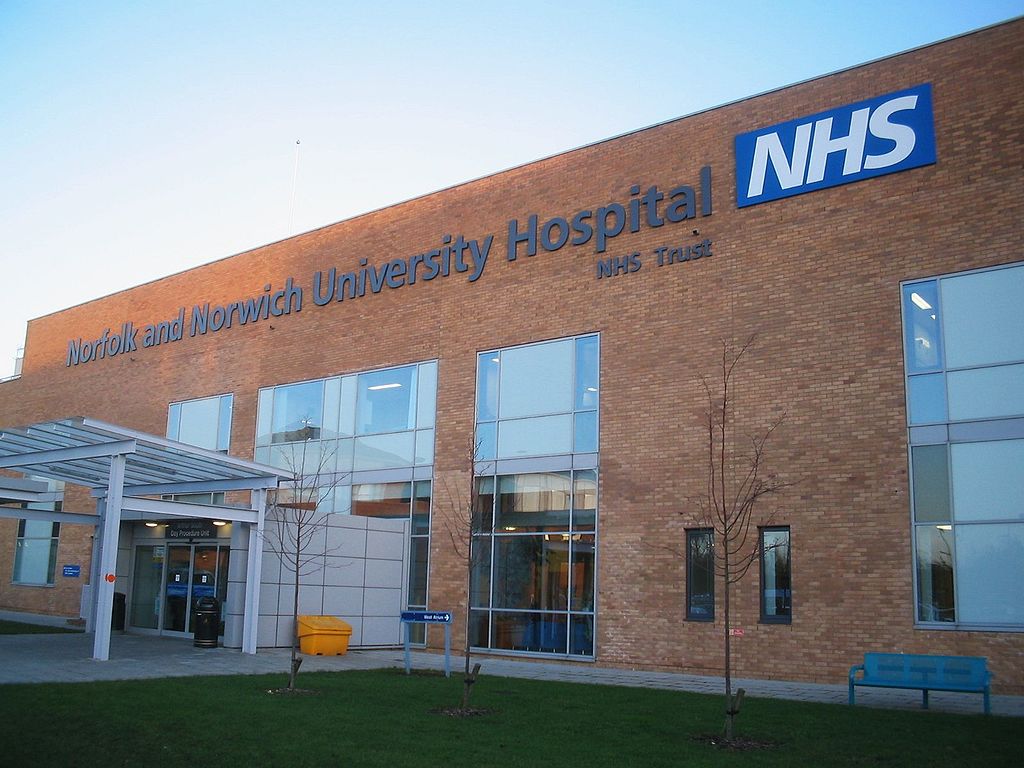Why We Can’t Trust the Trusts
Having stood firm since its inception in 1948, the NHS has arguably been Britain’s most notable contribution to the healthcare industry, giving reasonable levels of quality healthcare, distributed to those in need, at the expense of the population. It is certainly engaging, then, that reports of its complete destruction are everywhere in popular opinion; the Tories blame Labour for the Brown era, and Labour blame the Tories for keeping a close grip on the purse strings. Both ideologically driven narratives, fuelled by endless political point-scoring, prevent a real, rational discussion from being had; about the problems the NHS faces.
The current climate surrounding the NHS is infeasible long-term. Doctors feel they aren’t being listened to, junior doctor’s feel they are being put under too much strain, and the general public are unsatisfied with waiting times in some A&E services of over nine hours. Add to this endless debate about funding, tax increases, and an overwhelming sense of national pride, and we’ve created a veritable boiling pot of discussion, with (it seems) very little result. It is enough to give one a headache even trying to understand how the NHS works, and therein lies the problem.
Currently, the NHS is divided into subsections called ‘trusts’, each trust serving either a geographical area, or a specialise service; Guy’s and St. Thomas’ NHS Trust (serving Southwark and Waterloo), and the London Ambulance Service Trust, respectively. In any given area, there may be several Trust services looking after any one patient, depending on their needs, and the level of service they require. For example, say a patient is admitted to A&E having nearly fatally self-injured. There will be an Ambulance Trust responsible for getting them from their home to the A&E department, a separate A&E trust to provide triage care and assessment, and then a third Mental Health Trust to refer to a psychiatrist to provide long-term support. This is a simple case; imagine the patient is elderly, and they could very well require various other nursing and community care trusts within the same area, all of whom need to be notified of developments in their condition.
Here we have a problem. If each trust has a slightly different method of recording a patient’s vital statistics, for example, then handover between trust services becomes unduly delayed. Patient information can get lost in between services, or the next trust service will be unable to access the previous services’ records without various digital pass keys, making the process even more difficult. Streamlining NHS services seems to be a reasonably common point of discussion amongst doctors, and could be a good place to start, if real, lasting change is to be effected.
Despite it’s socialist beginnings, it’s difficult to deny that the NHS fulfils its purpose. Conservatives need to adopt a constructive position in the debate, by listening to the problems that workers on the ground face; organisational issues that affect day-to-day procedures, and cost millions of pounds of taxpayers’ money in the process. The NHS has been great in the past, but in order to update it to face an ageing society, rising mental health issues amongst young people, and funding issues on both sides, we need to have a serious, objective look at the physical process of the NHS; what it does, from a patients’ perspective, rather than endless back-and-forth of meaningless figures. If we want to deliver world-class healthcare, we shall have to start acting like it.

